T4K3.news
Lithuania builds Baltic defence line
Lithuania plans a three layer border system along with minefields and explosive bridges to deter a potential invasion.
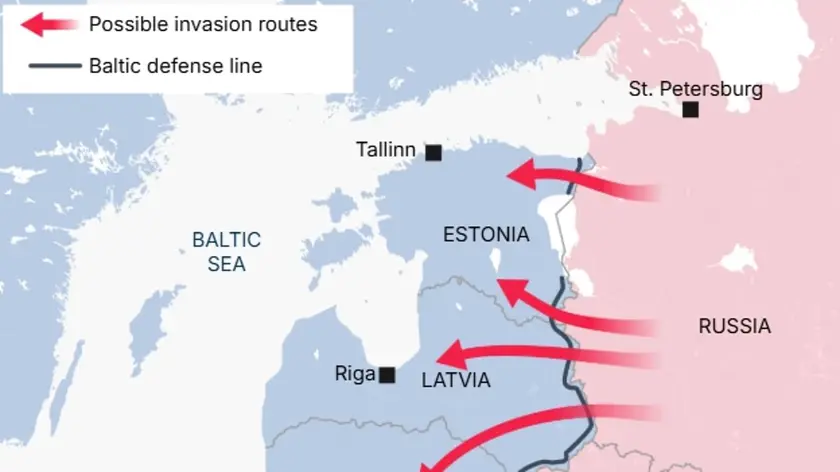
Lithuania unveils a three layer border defence along its borders with Russia and Belarus featuring minefields, explosive bridges and anti tank obstacles.
Lithuania builds Baltic defence line with minefields bridges and dragon teeth
Lithuania has announced plans to create a 30 mile wide band of border defences along its frontiers with Russia and Belarus. The system would have three layers: an anti tank ditch beside the border fence, an embankment with dragon teeth obstacles, and minefields. Bridges would be prepared to detonate if attacked, while infantry would operate from fortified strongpoints. The goal is to slow a land invasion long enough for NATO to respond rather than stopping an assault on its own.
The project is part of a wider Baltic defence push that includes Estonia, Latvia and Poland, with all four seeking European Union funding. The border line would cover more than 590 miles near Kaliningrad and Belarus and rely on a mix of barriers, tree clearing along routes, and multiple lines of resistance. Lithuania has also expanded its engineering parks, adding counter mobility equipment to existing obstacles. In tandem with the plan, Lithuania has raised defence spending to 5.5 percent of GDP and has ordered new arms including Leopard 2A8 tanks and Spike LR2 missiles. The government says the aim is to deter and delay rather than to guarantee a flawless defense, a stance that hinges on continued Western support and allied reinforcements if a clash occurs.
Key Takeaways
"The aim is to slow down land attacks and push enemy forces into easier battlegrounds"
Editorial note referencing the plan's stated objective
"If you ask me now, is this a guarantee that is not earlier than 2029, I would say no, it is not"
Comment by General Carsten Breuer on readiness window
"Baltic states are really exposed to the Russians"
Breuer on regional risk
"This scenario would significantly increase Russia military threat to NATO"
SAB risk assessment cited in article
The move signals a shift in Baltic security thinking toward heavy, visible deterrence and a willingness to invest large sums in border fortifications. It sends a message to both Moscow and European capitals that the Baltic states want to raise the costs of any aggression and buy time for allies to mobilize. At the same time, the plan raises questions about sustainability, political support at home, and the risk of triggering a regional arms competition. The approach depends on enduring NATO cohesion and predictable EU funding, two factors that can be tested in the months ahead.
Public and political tolerance for high defence costs will shape how far this strategy goes. If budgets strain and public patience wears thin, leaders may face pressure to scale back. Still, the effort underscores a broader trend: deterrence on the eastern flank is becoming a core element of European security and a test of alliance solidarity in a tense regional environment.
Highlights
- Deterrence is a long game played on many fronts
- A border line can slow a march but not stop a war
- Security is a long game that tests alliance unity
- We must be ready by 2029
Baltic defence plan faces budget and political risk
The plan involves large defence spending and likely escalation pressures with Russia. It depends on EU funding and NATO support, raising questions about long term costs, public acceptance, and regional stability.
Security policy is increasingly a test of durability and unity for NATO and the EU
Enjoyed this? Let your friends know!
Related News
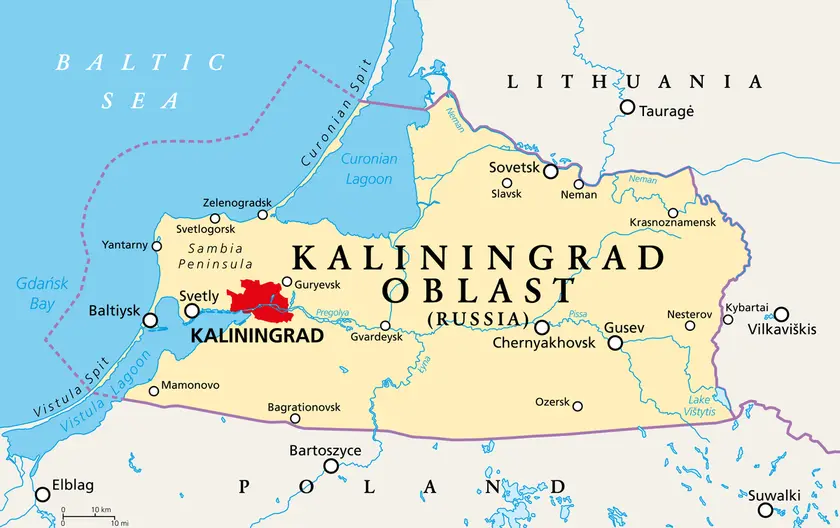
NATO Can Seize Kaliningrad Faster Than Ever
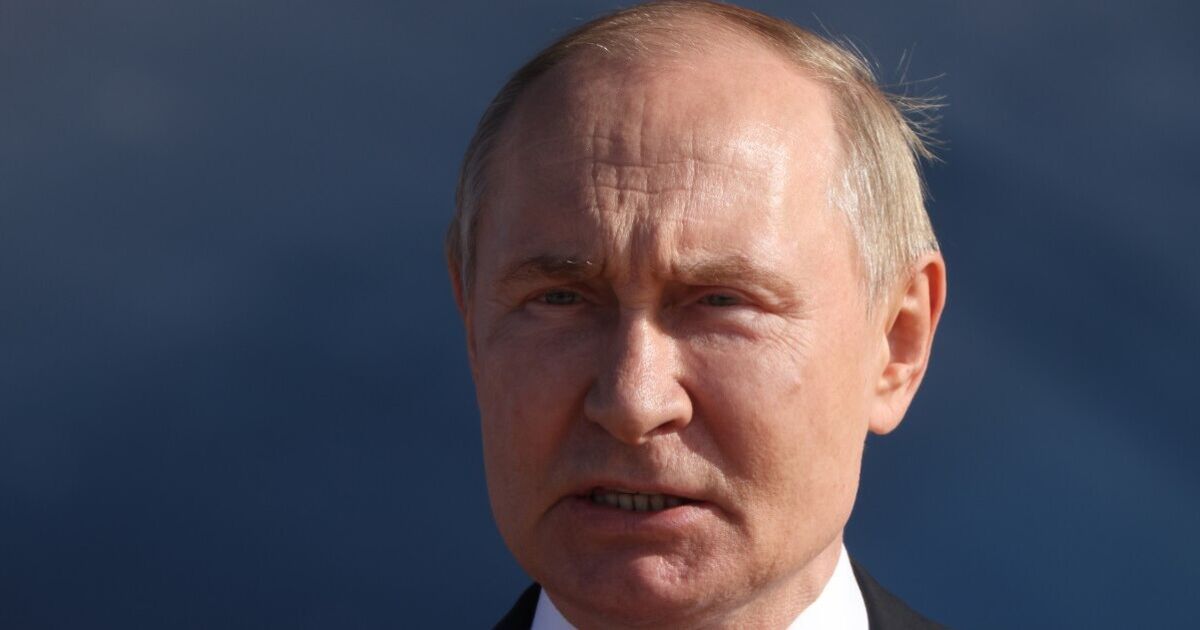
Lithuania amplifies military readiness near Russian border
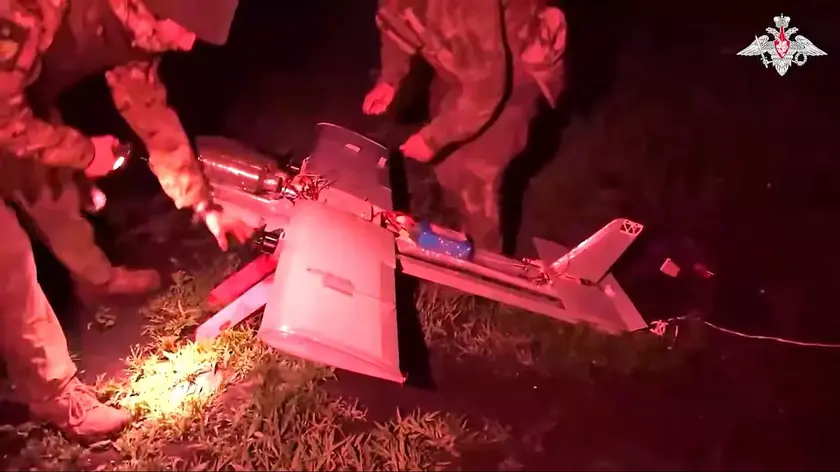
Lithuania requests NATO air defence assistance
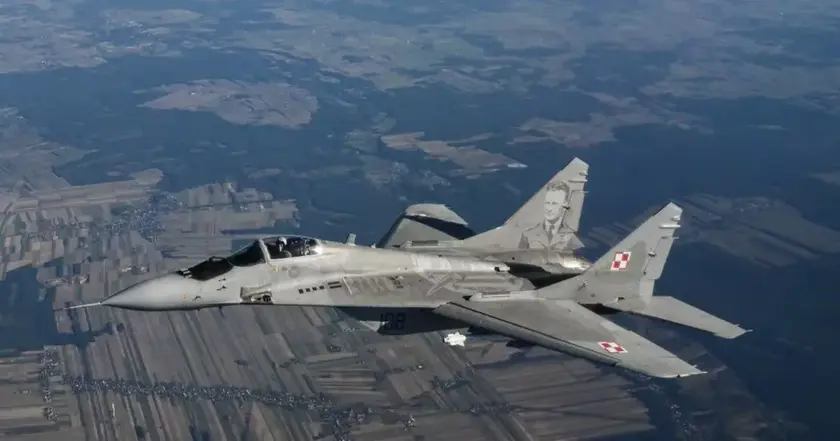
Poland scrambles fighter jets after Russian drone attack
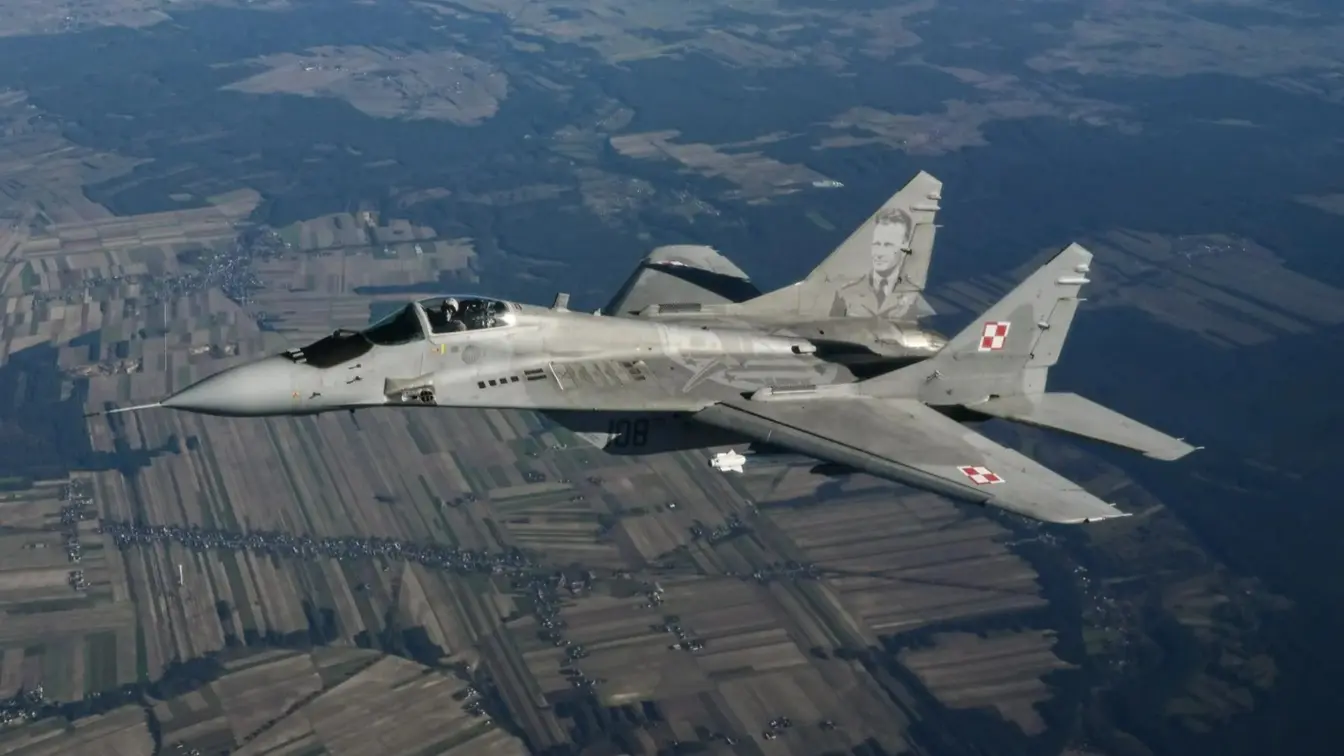
Nato jets deployed as Russian drone breaches EU airspace
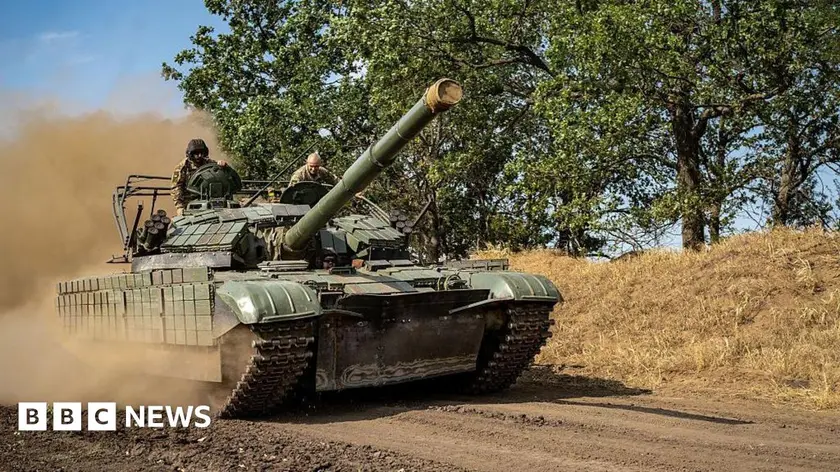
EU leaders insist Ukraine borders cannot be changed by force

Sunderland lineup announced

Liverpool lineups set bold debuts for Wembley clash against Crystal Palace
